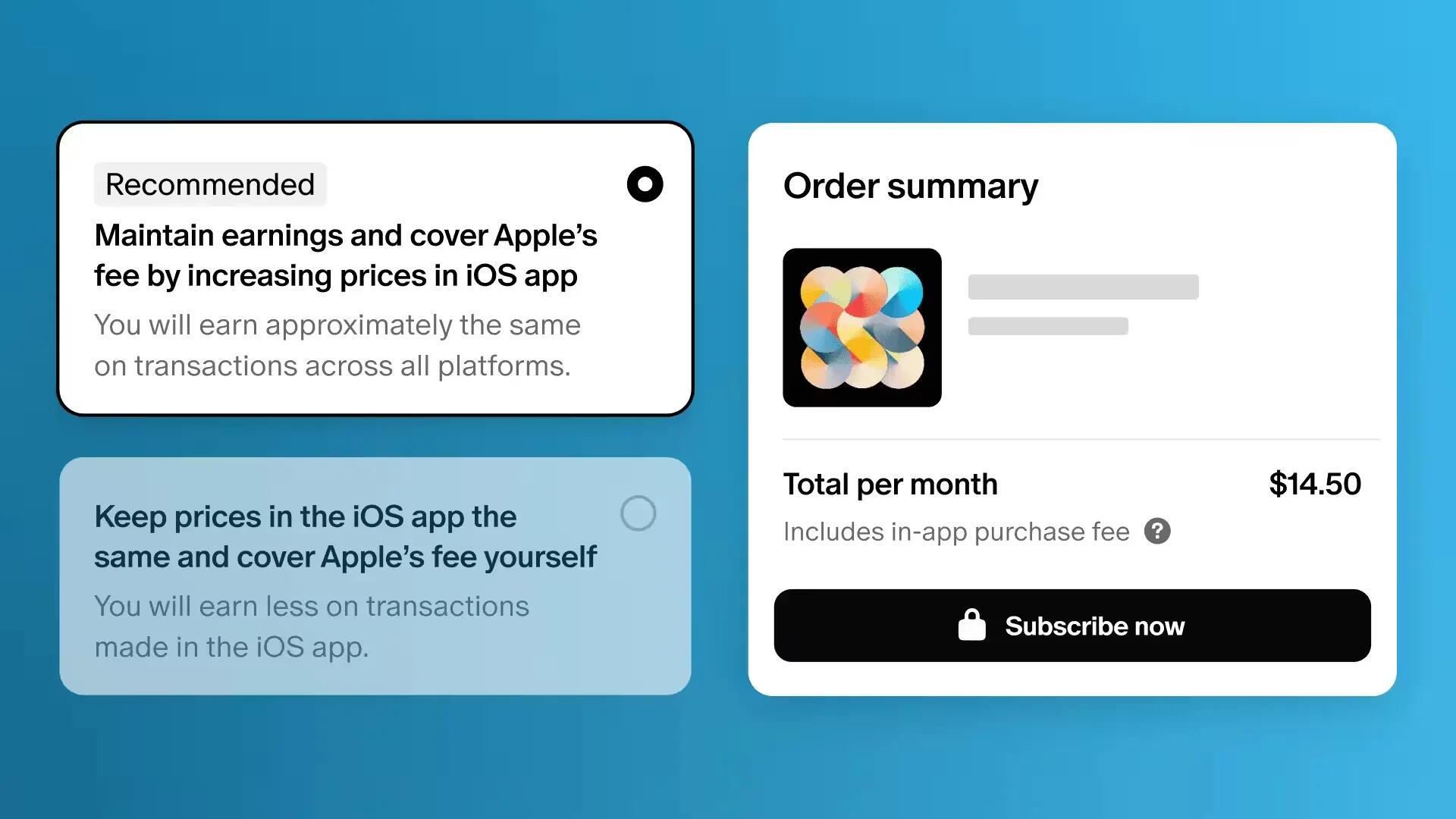In a significant development, Apple has informed Patreon that it must integrate the App Store’s in-app purchase system for all new memberships, or risk removal from the platform. This move, which mandates Patreon to pay a 30% commission on all transactions made through iOS, is causing a stir among creators and patrons alike.
Patreon, a platform that has empowered creators to generate revenue directly from their supporters, has historically allowed users to bypass App Store fees by processing payments through its own system. However, Apple’s recent announcement is poised to change this, requiring Patreon to comply with its stringent in-app purchase policies.
For creators on Patreon, this enforcement means that a significant portion of their earnings could now be redirected to Apple. The 30% fee has been a point of contention for many developers and companies, who argue that it significantly cuts into their revenue, making it harder to sustain their businesses.
Many creators fear that this new requirement could lead to reduced income, especially for those who rely heavily on new memberships initiated through the iOS app. As a result, some creators might increase their subscription fees to offset the loss, potentially leading to higher costs for patrons.
For users, this change could mean higher prices or fewer exclusive offers, as creators adjust their strategies to accommodate the new fees. Additionally, there are concerns about how this might affect the user experience, as more creators might encourage their supporters to join or upgrade memberships outside of the iOS app to avoid the 30% fee.
In response to Apple’s mandate, Patreon has expressed its concerns, emphasizing the potential negative impact on creators. The company has indicated that it is exploring all possible options to mitigate the effects of this new requirement on its community. While Patreon has not yet made an official decision on how it will proceed, it is clear that this situation has brought to light the ongoing tensions between platform providers like Apple and the companies that operate within their ecosystems.
This development is part of a broader trend of scrutiny around Apple’s App Store policies. Critics argue that the company’s 30% commission on in-app purchases is too high, stifling innovation and harming small businesses. This latest move with Patreon is likely to reignite debates around antitrust issues and the fairness of Apple’s control over the app ecosystem.
As the situation unfolds, creators, users, and industry observers will be closely watching how Patreon and Apple navigate this new challenge. The outcome could set a precedent for other platforms facing similar pressures from Apple and other major tech companies.
